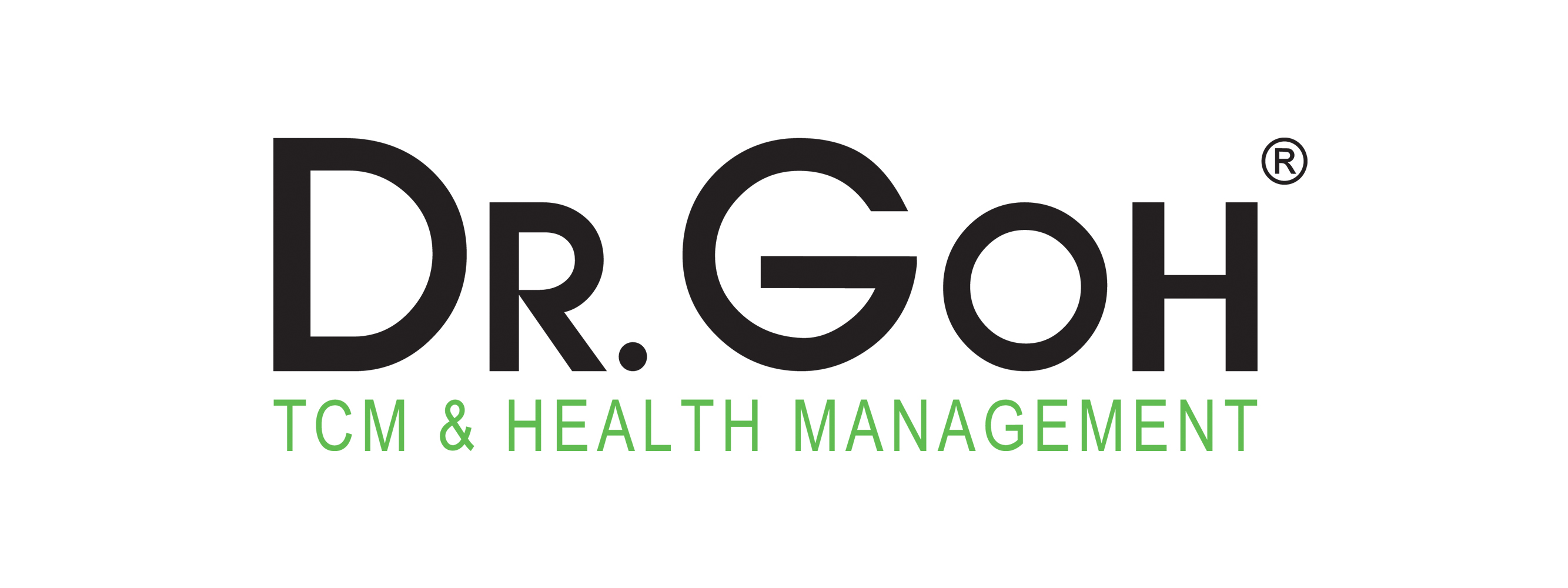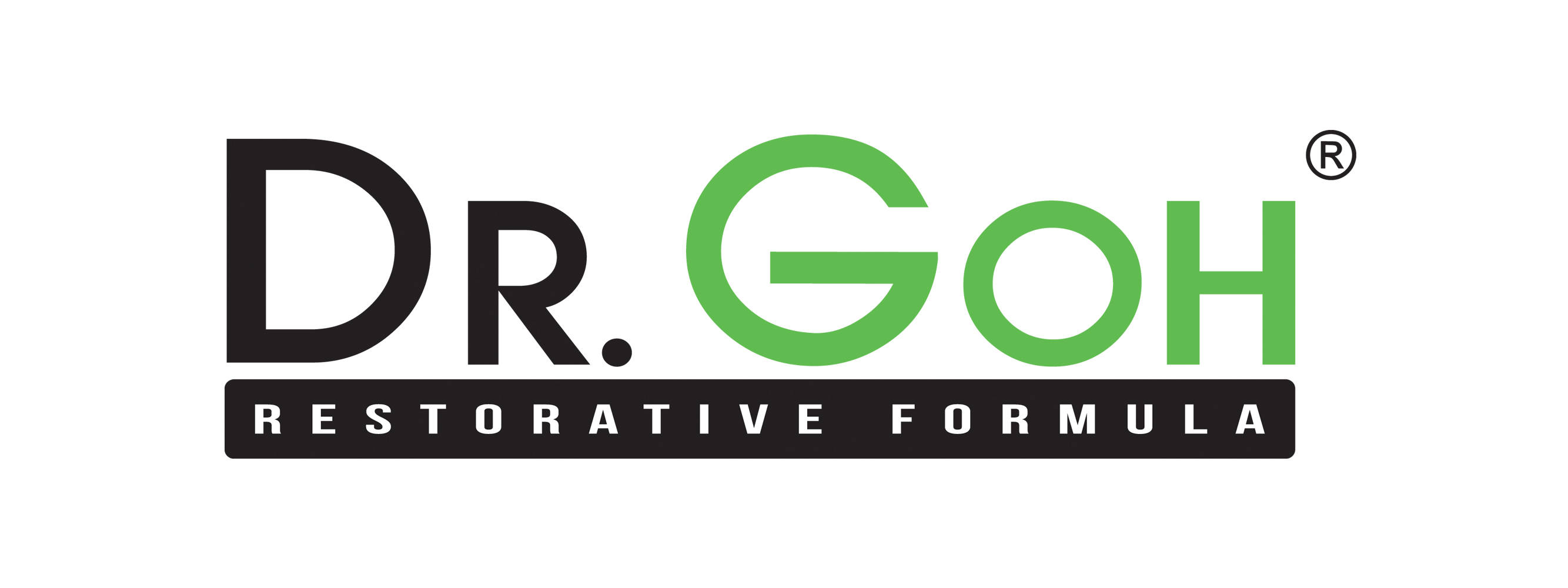Hormonal Treatments for Infertility:TCM Approach
Fertility issues often involve a complicated interplay of hormonal factors, and the search for effective treatments can feel overwhelming. Traditional Chinese Medicine (TCM) offers a refreshing alternative, presenting a holistic perspective that goes beyond conventional methods.
Tackling not just female hormonal imbalance treatment, but also extending its scope to male hormonal imbalance treatment, TCM provides a holistic way to address the complexities of hormonal imbalances that affect fertility.
Read on to discover how TCM could be the missing piece that you have been looking for.
TCM’s approach to addressing hormonal imbalances for infertility
Fertility is not just a biological function; it's an emotional journey that has profound effects on individuals and families alike. The ability to conceive is often seen as a natural part of life, but for many, it is a journey filled with challenges, largely due to hormonal imbalances. Conventional treatments tend to isolate specific issues and treat them in a fragmented manner.
In TCM, women's health and fertility are viewed through a wide lens that considers not just the reproductive system but the whole body. In this context, fertility is closely related to the overall health of the woman, which includes emotional balance, proper nutrition, and the balanced flow of Qi (life energy).
TCM seeks to optimise these various factors by creating a harmonious internal environment, thereby setting the stage for successful conception.
TCM’s view of hormonal balance and fertility
In Traditional Chinese Medicine (TCM), hormonal balance and fertility are part of a holistic health approach.
TCM emphasises the flow of Qi, or life energy, along pathways called meridians, which is vital for hormonal balance and reproductive health.
Blood in TCM is not just a fluid but the material basis for bodily functions, including uterine lining preparation and foetus growth.
Both Qi and blood are interdependent, and imbalances can affect fertility, such as Qi stagnation leading to irregular menstrual cycles.
TCM diagnosis for fertility issues
In Traditional Chinese Medicine (TCM), diagnosing fertility issues is a nuanced process that goes beyond lab tests common in Western medicine. TCM practitioners use a four-step diagnostic approach, including observation, listening and smelling, inquiry, and palpation. These methods aim to identify underlying imbalances in Qi, blood, and yin and yang, which can affect fertility.
One frequent TCM pattern affecting fertility is Kidney Yin Deficiency. This condition can manifest as symptoms like night sweats and irregular periods, directly impacting the body's ability to create a fertile environment.
Another common pattern is Liver Qi Stagnation, responsible for the smooth flow of Qi and blood. When stagnant, this can lead to hormonal imbalances reflected in symptoms like menstrual irregularities and emotional fluctuations.
Spleen Qi Deficiency is also often linked to fertility issues. It can affect the transformation of fluids in the body, leading to problems like luteal phase defects or recurrent miscarriages.
These patterns rarely exist in isolation; rather, individuals often present a complex combination of several patterns.
TCM treatment modalities
Traditional Chinese Medicine (TCM) provides a multi-dimensional approach to treating fertility issues, often employing a range of modalities that include acupuncture, herbal medicine, dietary guidance, and lifestyle practices.
These treatments aim to correct the identified imbalances in Qi, blood, and yin and yang, thereby improving hormonal function and fertility.
Acupuncture for hormonal balance and fertility
Acupuncture is perhaps the most renowned technique in the TCM toolkit for treating fertility issues. Specific acupuncture points are targeted to stimulate the flow of Qi and blood, harmonising yin and yang within the body, as seen below:
-
Ren 7 (Yin Jiao): Located 1 cun below the umbilicus, this point is commonly used to regulate menstrual disorders and balance hormones related to reproductive health.
-
Bladder 23 (Shen Shu): Located on the lower back near the 2nd lumbar vertebra, this point is key for treating kidney deficiencies often associated with hormonal imbalances and fertility issues.
-
Kidney 3 (Tai Xi): Located on the inner ankle, this point is used to tonify Kidney Qi, which is essential for hormonal balance and fertility in TCM theory.
-
Ex-CA1 (Zigong): Located on the lower abdomen, this point, also known as "Palace of the Child," is used to enhance fertility and treat gynaecological issues.
-
CV 2 (Qugu): Located at the upper border of the pubic bone, this point is commonly used for menstrual disorders and fertility issues.
Dietary choices based on TCM principles
Food choices can profoundly affect the balance of yin and yang energies. Foods like lotus seeds, goji berries, and black sesame are often recommended. Each of these foods serves specific functions in balancing yin or nourishing Qi and blood, vital elements in enhancing fertility.
Lifestyle practices
In Traditional Chinese Medicine (TCM), lifestyle practices for hormonal balance and fertility focus on stress management, moderate exercise, and a consistent sleep routine. Stress management techniques like meditation and mindful breathing are rooted in ancient Daoist philosophies that aim to harmonise Qi and bring about a tranquil mental state.
Instead of intense physical workouts, TCM advocates moderate activities such as Tai Chi and Qi Gong, designed to balance yin and yang energies in the body.
Sleep is particularly emphasised for its role in activating yin energy, which rejuvenates the body and contributes to hormonal balance and fertility. Hence, maintaining a consistent sleep routine is highly recommended.
How the endocrine system plays a role in hormonal balance
The endocrine system is crucial for hormonal balance as it regulates the release of hormones affecting various bodily functions. The adrenal glands, part of this system, produce hormones like cortisol, which manages stress, and aldosterone, which controls blood pressure.
In TCM, adrenal function is often linked to Kidney Qi and Yang energy, as both are responsible for vital energy and metabolic processes. Imbalances in the adrenal glands might indicate disturbances in Qi or Yang energy, affecting overall hormonal balance.
Introducing Adrenal Gland Therapy
Dr. Jenny offers a specialised approach to adrenal treatment and hormonal balance through Adrenal Gland Therapy, utilising her proprietary VITEX CREAM. This unique formula includes Chasteberry, Wild Yam, and Fenugreek—ingredients known for their potential to quickly restore hormonal equilibrium.
Vitex CREAM specifically targets hormonal imbalances that are often the underlying causes of various skin and medical conditions. With patented phytocomplex ingredients, the cream aims to balance and treat these conditions upon topical application.
Finding a TCM Practitioner?
If you're interested in exploring Traditional Chinese Medicine (TCM) for hormonal balance or other health concerns, it's crucial to find a certified and experienced TCM practitioner.
Look for credentials, such as board certification or licensure in acupuncture or herbal medicine.
Additionally, many practitioners now have online reviews and testimonials that can offer insight into their expertise and patient satisfaction.
Some may specialise in hormonal balance and fertility, making them particularly well-suited to address these issues.
Consult Dr. Goh for your TCM treatment
TCM provides not just physical solutions for fertility but also emotional support through techniques like meditation. It encourages holistic well-being to manage stress and expectations.
If you're considering this route, consult Doux Visage. We are a certified TCM practitioner that provides personalised care to address your specific needs. This ensures that you receive a balanced and tailored treatment plan that aligns with your overall health goals. Contact us at +603 7728 6113, +6012 622 4868, or reach out to us today for a TCM Fertility consultation!



